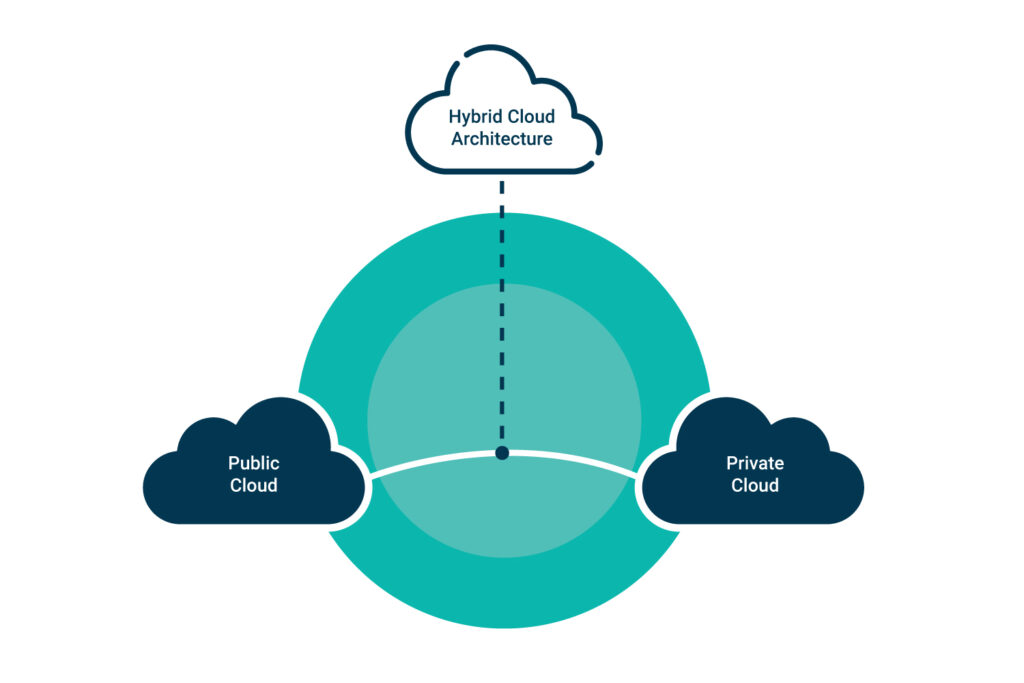We’re looking for a cloud architect…
Okay, this question is starting to annoy me. Up until recently every company had its own computer infrastructure to maintain. There were people employed for that. And they did a great job, so the software I cooked up was hosted, logged and debuggable. Thank you for that!
Nowadays it seems that every company is looking for a software & cloud architect. Apparently someone decided somewhere that full stack development suddenly needs to include hardware as well.
People…
Friends…
I’m still a software engineer / architect. Just because companies decide to scrap their own hardware and roll it out onto someone else’s, doesn’t suddenly make it my job. We have (had?) people for that, and that specialty hasn’t changed, only the location of the hardware has. The fact that we moved software development and hosting closer together, infrastructure as code, only means we can and should work more closely together. Which is good.








